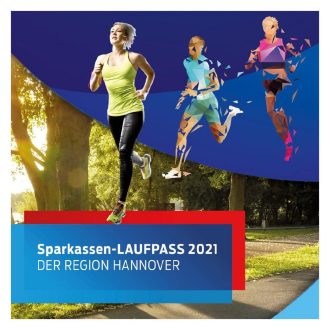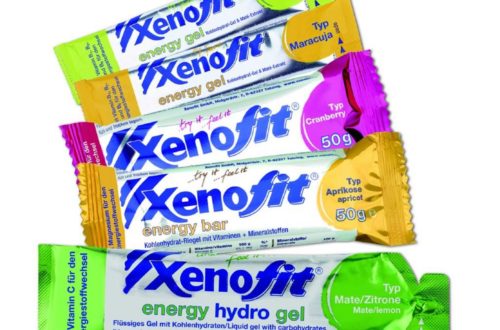Para powerlifter Esther Oyema receives a four-year ban for anti-doping rule violation
The Nigerian, who won gold at London 2012 in the Women’s 48kg, returned an adverse analytical finding for a prohibited substance in a urine sample provided on 28 January 2019 after competing at the Lagos 2019 International Para Powerlifting Competition in Nigeria.
The substance was 19-norandrosterone. This is included on the World Anti-Doping Agency (WADA) 2019 Prohibited List under the class S1.1B Endogenous Anabolic Androgenic Steroids (AAS) and their Metabolites and isomers.
As a result of her violation, Oyema will be ineligible for competition for four years from 3 May 2019 to 2 May 2023. She has also been stripped of the gold medal which she won in the Women’s 55kg competition in Lagos, together with any points and prizes.
Each athlete is strictly liable for the substances found in his or her sample. An ADRV occurs whenever a prohibited substance (or its metabolites or markers) is found in his or her bodily specimen, whether or not the athlete intentionally or unintentionally used a prohibited substance or was negligent or otherwise at fault.
As a signatory of the World Anti-Doping Code (WADC), the IPC remains committed to a doping-free sporting environment at all levels. The IPC, together with the International Federations and the National Paralympic Committees, established the IPC Anti-Doping Code (the Code) to prevent doping in sport for Paralympic athletes, in the spirit of fair play. The Code is in conformity with the general principles of the WADC.
International Paralympic Committee
Adenauerallee 212-214
53113 Bonn
Telefon: +49 (228) 2097-200
Telefax: +49 (228) 2097-209
https://www.paralympic.org
IPC Head of Communications
E-Mail: philip.dorward@paralympic.org
![]()





